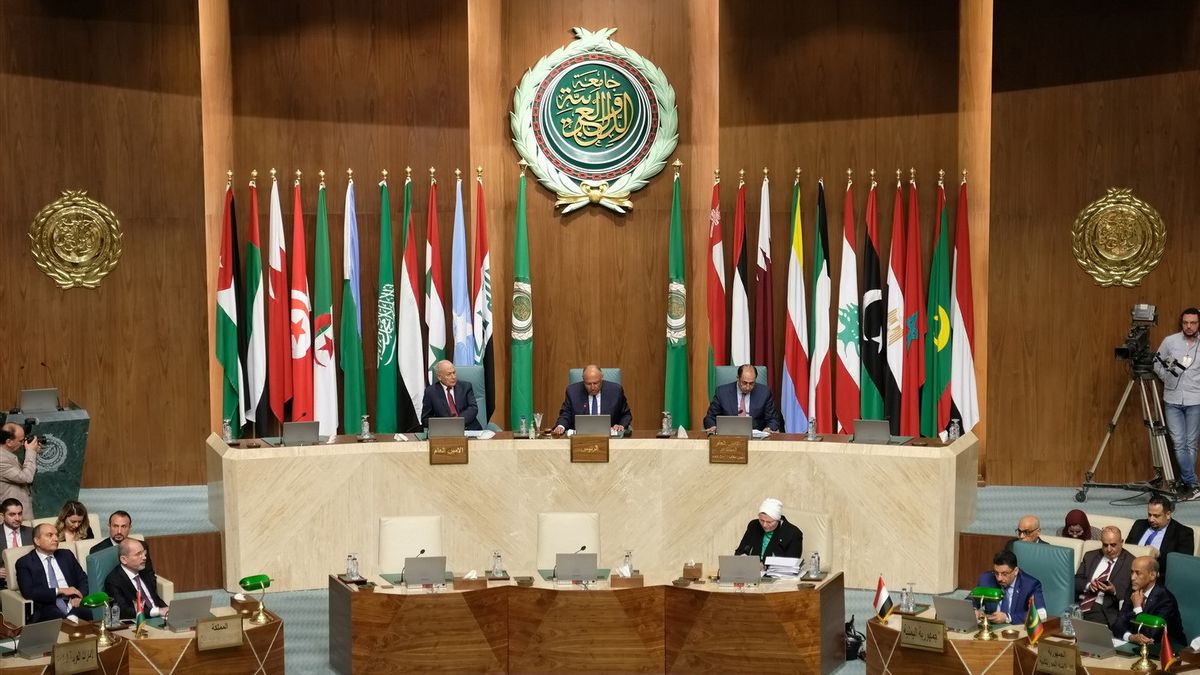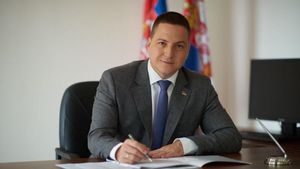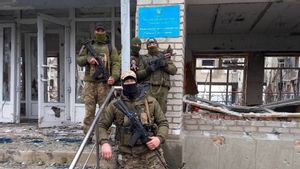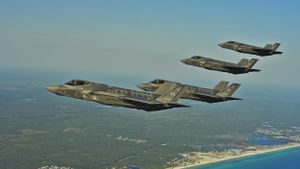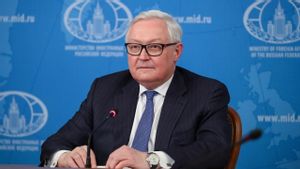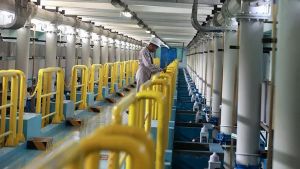JAKARTA - The Arab League readmitted Syria on Sunday after more than a decade of suspension, consolidating a regional push to normalize relations with President Bashar al-Assad in a move criticized by Washington.
The decision said Syria could immediately resume participating in Arab League meetings, while calling for a resolution to crises resulting from the Syrian civil war, including the flight of refugees to neighboring countries and drug smuggling across the region.
While Arab countries including the United Arab Emirates (UAE) have pressed for an end to President Assad's isolation, some have opposed full normalization without a political solution to the Syrian conflict, seeking conditions for Syria's return.
Qatar, which previously opposed Syria's return to the League, said its position on normalization had not changed and hoped regional consensus on Syria could serve as "a motive for the Syrian regime to address the roots of the crisis", a Foreign Ministry spokesman told state news agency QNA.
"The recovery of Syria does not mean the normalization of relations between Arab countries and Syria," Arab League Secretary-General Ahmed Aboul Gheit told reporters in Cairo, reported Reuters, May 8.
"This is a sovereign decision that must be made by each country," he said.
Meanwhile, Syria called on Arab countries to show "mutual respect".
Separately, a US State Department spokeswoman said Washington shared goals with its Arab partners in Syria, including establishing security and stability.
However, they remain skeptical of President Assad's willingness to take the necessary steps to resolve the Syrian crisis.
"We don't believe Syria deserves re-entry into the Arab League at this time," the spokesperson said, adding that US sanctions would remain in full effect.
In contrast to Washington, Russia, an ally of President Assad, applauded the Arab League's decision to accept Syria back.
"Moscow welcomes this long-awaited step, the logical result of the process, which has been gaining momentum, of returning Syria to the 'Arab family'," Maria Zakharova, spokeswoman for the Russian Foreign Ministry, said in a statement.
Sunday's decision said Jordan, Saudi Arabia, Iraq, Lebanon, Egypt, and the Secretary General of the Arab League would form a group of ministers, to establish relations with the Syrian Government and find a solution to the crisis through reciprocal measures.
Practical steps include continuing efforts to facilitate aid delivery within Syria, according to a copy of the decision seen by Reuters.
In addition, the readmission of Syria follows the Jordanian initiative which drew up a roadmap to end the Syrian conflict which includes addressing the issues of refugees, missing prisoners, drug smuggling, and Iranian militias in Syria.
A Jordanian official said Syria needed to show it was serious about reaching a political solution, as this would be a precondition for lobbying for the lifting of Western sanctions, an important step to fund reconstruction in Syria.
It is known that Syria's membership in the Arab League was suspended in 2011 after a crackdown on protesters who opposed it led to civil war.
Several Gulf countries, including Saudi Arabia, have started supporting rebel groups fighting to remove President Assad from power.
VOIR éGALEMENT:
President Assad later regained control of most of Syria with the help of his main allies Iran and Russia, but the war has cost hundreds of thousands of lives and caused millions to flee the country.
Recently, Arab countries have been trying to reach a consensus on whether to invite President Assad to the Arab League summit on May 19 in Riyadh, Saudi Arabia to discuss the speed and conditions of normalizing relations.
Responding to a question whether President Assad could participate, Aboul Gheit told reporters: "If he wants, because Syria, as of tonight, is a full member of the Arab League."
The English, Chinese, Japanese, Arabic, and French versions are automatically generated by the AI. So there may still be inaccuracies in translating, please always see Indonesian as our main language. (system supported by DigitalSiber.id)
